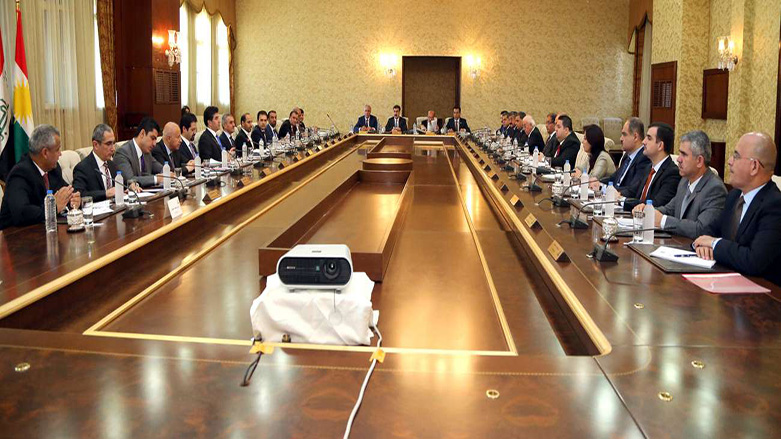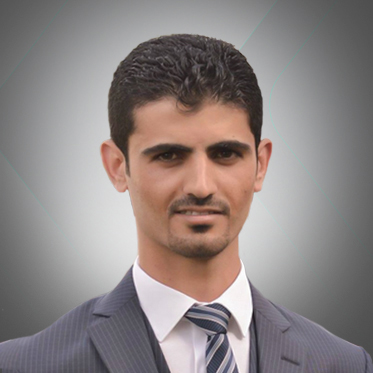KRG invites political parties to tackle financial crisis in Kurdistan

ERBIL, Kurdistan Region (Kurdistan24) – The Kurdistan Regional Government (KRG) on Saturday called upon the political parties in the Kurdistan Region, who are part of the current cabinet, to attend a meeting regarding the financial crisis in the country.
In a statement released on the KRG’s website, the government invited all political parties participating in the current cabinet and all parties who have representatives in the parliament to attend the meeting.
The statement did not reveal the time and date of the meeting.
According to the report, the KRG organized the meeting in light of several parties who “expressed their opinion” regarding the financial crisis in Kurdistan.
“The political parties participating in the Kurdistan Regional Government and Parliament have expressed their opinion and made comments on the current crisis,” the statement read.
Moreover, the statement explained “the mechanisms for resolving the crisis, and revenue and expenditure matters through media outlets” will be addressed.
“The presidency of the Council of Ministers wants to invite all political parties in the government and the parliament to a board meeting to discuss [the financial crisis],” the statement continued.
The KRG statement concluded that all sides should work together for the public’s interest to tackle the current crisis.
Some of the political parties in the government warned they would withdraw from the cabinet if the government did not make necessary reforms in all sectors to resolve the crisis.
According to the KRG officials, several factors contributed to the financial crisis including the Iraqi government slashing their budget share.
Additionally, a decrease in oil prices and the large influx of more than 1.8 million Internally Displaced Persons (IDPs) and refugees to the Kurdistan Region played a role.
Editing by Karzan Sulaivany
